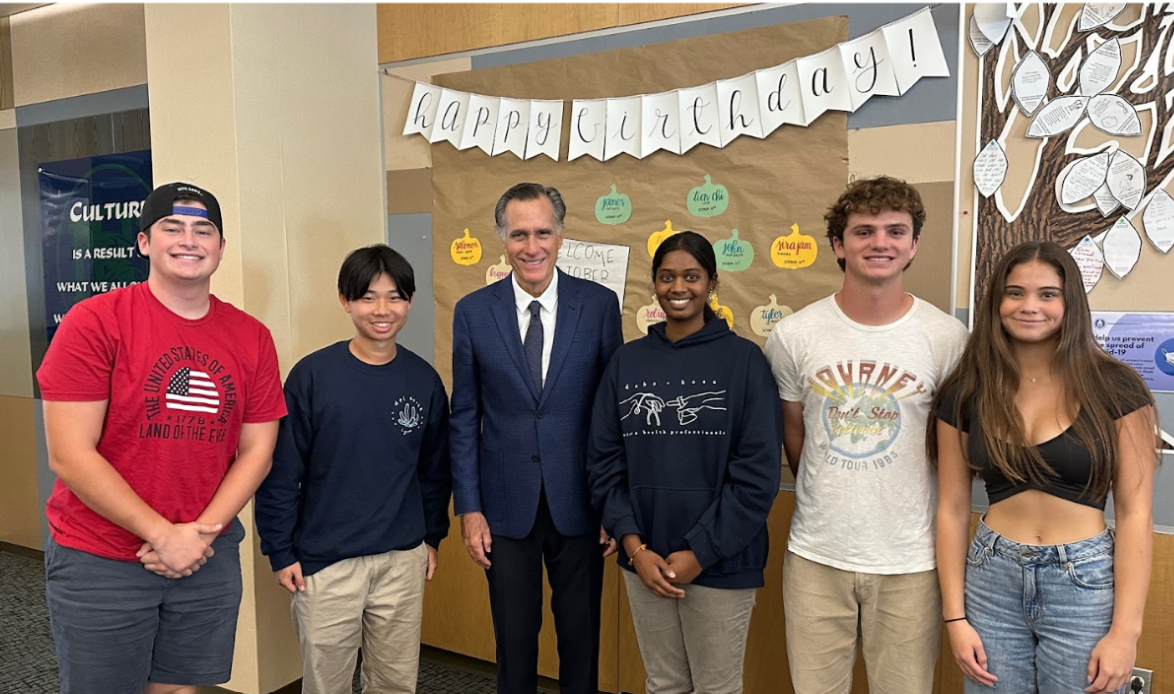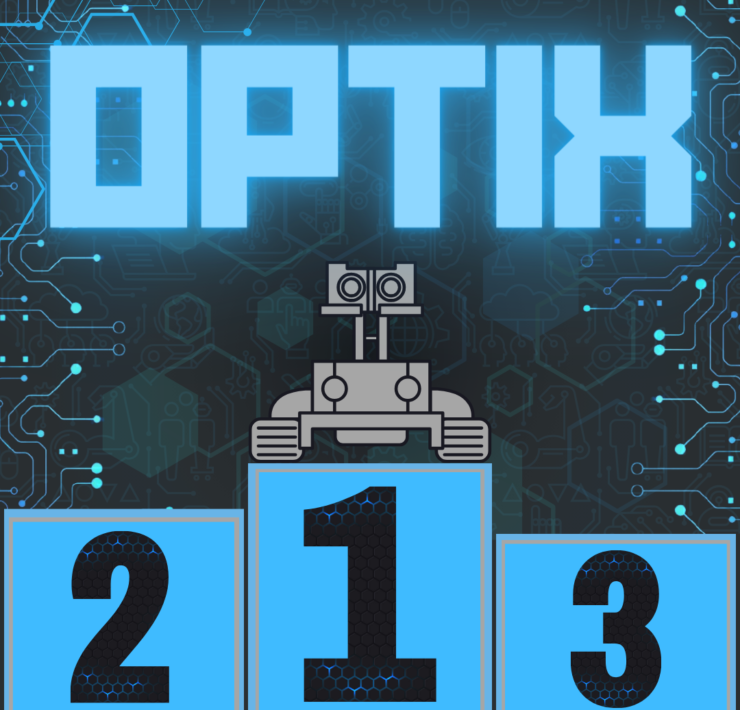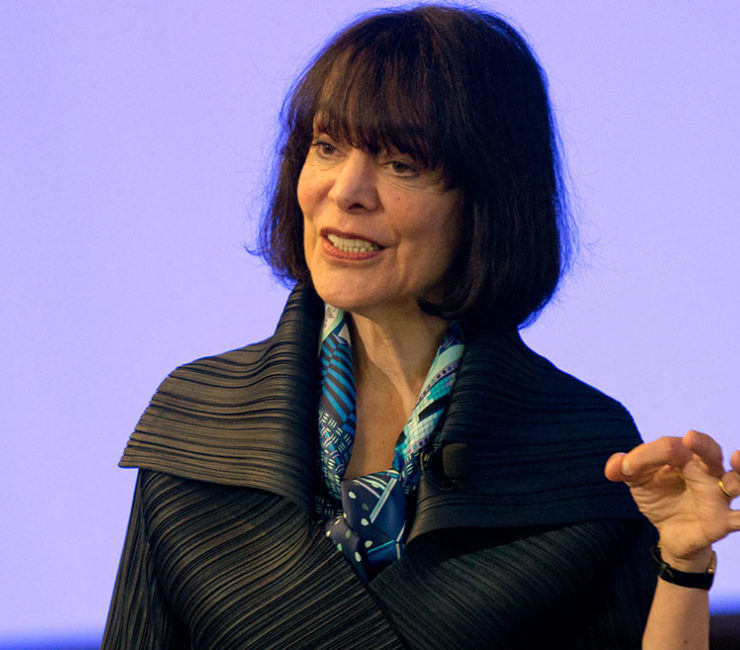Senator Romney Visits Del Norte

Mitt Romney is one of the few politicians that Americans on both sides of the political spectrum respect. On Friday afternoon, October 27th, I was fortunate enough to meet him myself as a student in Ms. Dupas’ AP US Government and Politics class.
Senator Romney was only able to stay for half an hour, but in the short amount of time he had he enlightened us with some of the insights he had gained as an elected official for the past few decades, and answered questions we had prepared for him.
Senator Romney in person matched the persona that many identify with him. His speech touched on themes of integrity, honesty, and working across the aisle.
One of the most eye-opening insights he shared with us were the “six elements” that he said informed many of the lawmakers on Capitol Hill how to vote on a bill.
They were, in order 1) Does it help me keep my job? 2) Does it help my party? 3) Does it help my district? 4) Does it help my state? 5) Does it help my country? and 6) Is it the right thing to do?
According to him, when these different elements come into conflict with each other, it is “amazing” how much politicians are able to rationalize that what they did to satisfy element one or two was also the morally right thing to do.
On bipartisanship, he discussed his friendship with Democrats and Republicans alike. He also touted his work in the bipartisan group of eight Senators who compromised on the COVID relief bill during the pandemic, finding a middle ground between the budget proposed by the Biden administration and the budget proposed by the Republicans who controlled the Senate at the time.
Lastly, in what I personally think was his most interesting insight, Senator Romney shared with us that what allows him to stay on the right course instead of being beholden to his party is that he does not see his political office as an essential part of his identity or livelihood. Before he held any office, Romney was a businessman and investor, and was able to become financially stable as a result. He noted that because he had already defined who he was before becoming Senator, after he leaves office, he has another identity to go back to. Additionally, since he is not financially dependent on his political office, he does not feel beholden to doing whatever it takes to get reelected.
Many students had questions prepared for him, but Senator Romney was only able to take a few.
I was able to ask him a question on the current state of the Republican Party. In his response Senator Romney mostly lamented how the party of Reagan and George H.W. Bush had gone from taking a leading role fighting authoritarianism around the world to becoming sympathetic to the likes of Vladimir Putin.
Another student asked for his favorite memory from his political career. He responded with a story about his signature as Massachusetts Governor, a public health insurance system aptly nicknamed “Romneycare.” He again referenced bipartisanship by recalling how his legislation had gained the backing of the late Massachusetts Senator Ted Kennedy, his “political archnemesis.”
It’s not every day that a Senator walks into Del Norte. This experience is certainly one that many in my AP Government class will be sharing for years.







